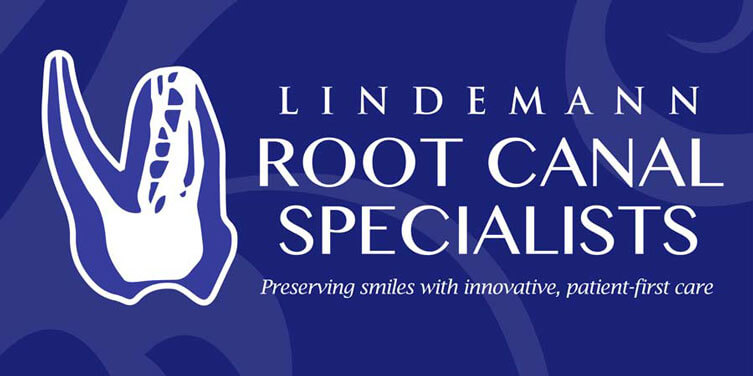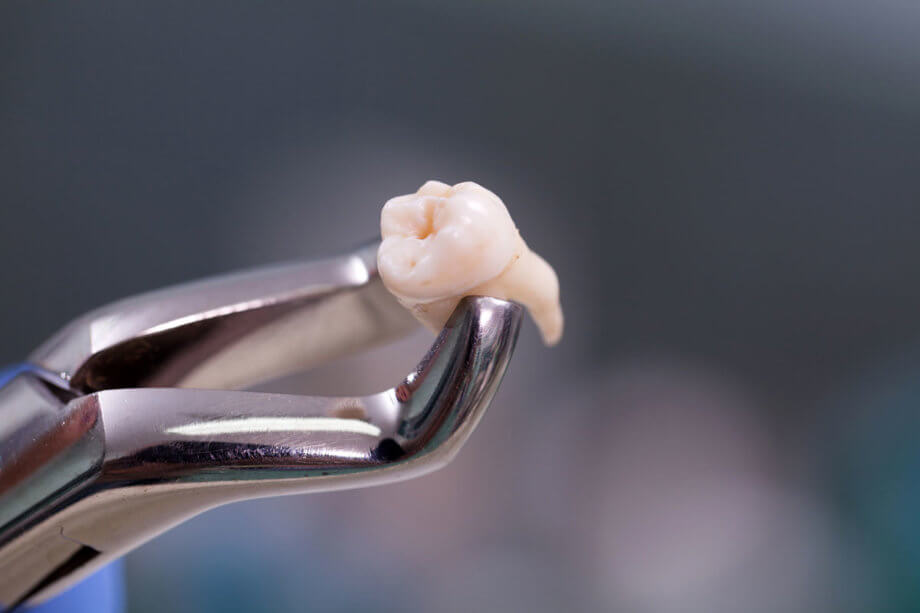If you have never had a tooth pulled, you might be nervous about having your wisdom teeth extracted. Wisdom tooth extraction can be somewhat complex, especially if the tooth has not fully erupted, but with modern dental techniques and pain management protocols, there is nothing to fear. Most people are back to normal in just a few days. Here’s what to expect after wisdom tooth extraction.
Immediately After Extraction
As soon as the tooth comes out, your dentist will clean out the socket, place some stitches if needed, and have you bite down on a piece of gauze. Leave the gauze in place for as long as instructed, as it will help to minimize bleeding and encourage a clot to form.
If you only had local anesthesia, with or without nitrous oxide or oral sedation, you will relax in the dental chair for a few minutes until you feel like going home. If you had IV sedation, you will go to a recovery room until you are ready to leave. Someone must drive you home if you had oral or IV sedation.
Activity Restrictions
Your dentist will give you specific instructions based on your normal activities. In general, you will need to rest for the remainder of the day. By the next day, you should be able to slowly start returning to normal. Some people go back to work or school in just a day or two, while others need a little more time to recover. Avoid sports, heavy lifting, and other strenuous activities for a week or as directed, as these could dislodge the blood clot and slow healing.
Try not to smoke for at least 72 hours, and wait at least a week to use chewing tobacco. Smoking and tobacco use make complications more likely, cause healing to slow, and put you at risk for a painful dry socket.
Eating, Drinking, and Oral Hygiene
During the first 24 hours, drink plenty of water and stick to soft foods. Avoid foods and beverages that are spicy or hot in temperature, as well as caffeine, alcohol, and carbonated beverages. Do not drink from a straw or consume anything chewy, sticky, or hard for at least a week. If you are on pain medications, ask your dentist before consuming alcohol, as mixing the two could be dangerous.
For the first 24 hours, do not brush your teeth, use mouthwash, rinse your mouth, or spit. Change the gauze as needed to control bleeding. You can brush your teeth after 24 hours, but be very careful around the extraction site. During the first week, rinse gently with warm salt water every two hours and after each meal.
Pain, Bleeding, Bruising and Stitches
It is normal to experience some bleeding and discomfort for the first couple of days. Take your pain medicine as prescribed rather than waiting until it hurts, and use gauze rather than spitting to control bleeding.
Swelling and bruising are common side effects. Use an ice pack for 15 minutes every hour, or as directed, to control them. Swelling usually resolves within two to three days, while bruising may take a week or more to completely fade.
If you need to have stitches removed, your dentist will schedule a follow-up appointment. This very simple procedure takes just minutes and rarely requires anesthesia.
Possible Complications
Complications are extremely rare, but are possible. Call your dentist right away if you have any of these signs:
- Trouble breathing or swallowing
- Uncontrollable bleeding or significant bleeding that lasts more than a day
- Fever
- New or worsening swelling after 72 hours
- Pus in the socket
- Pus or blood in nasal discharge
- Persistent bad taste that is not alleviated by a saltwater rinse
- Severe or worsening pain
Ready to Get Started?
If you need an endodontist, please contact Lindemann Root Canal Specialists today at 810-732-7900 to schedule your appointment.

